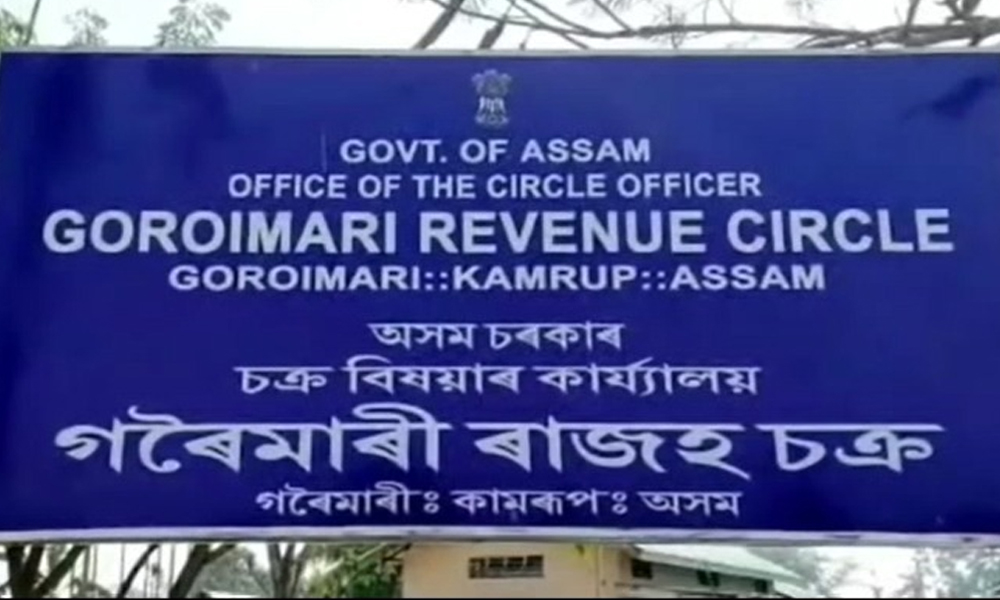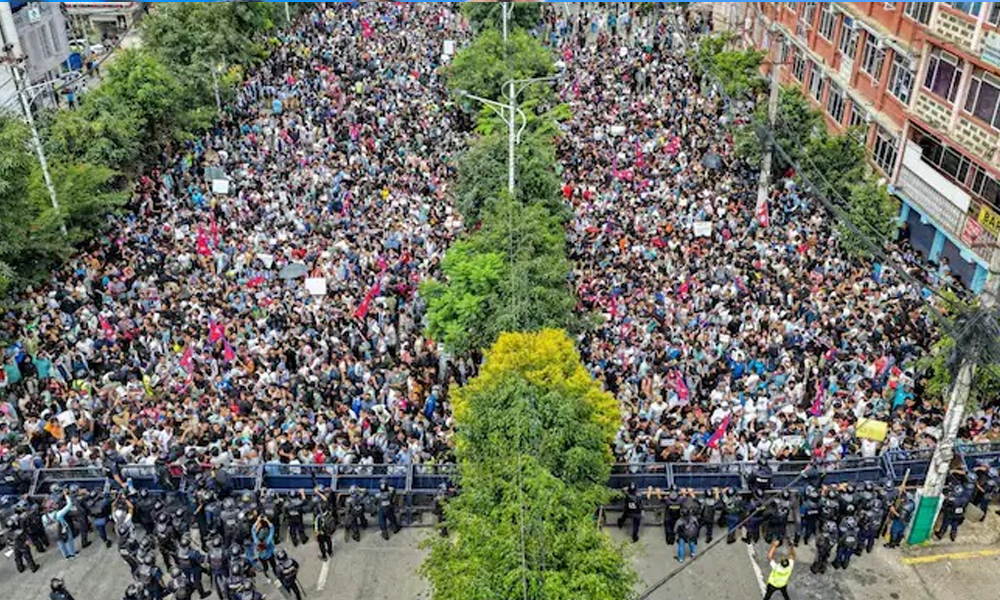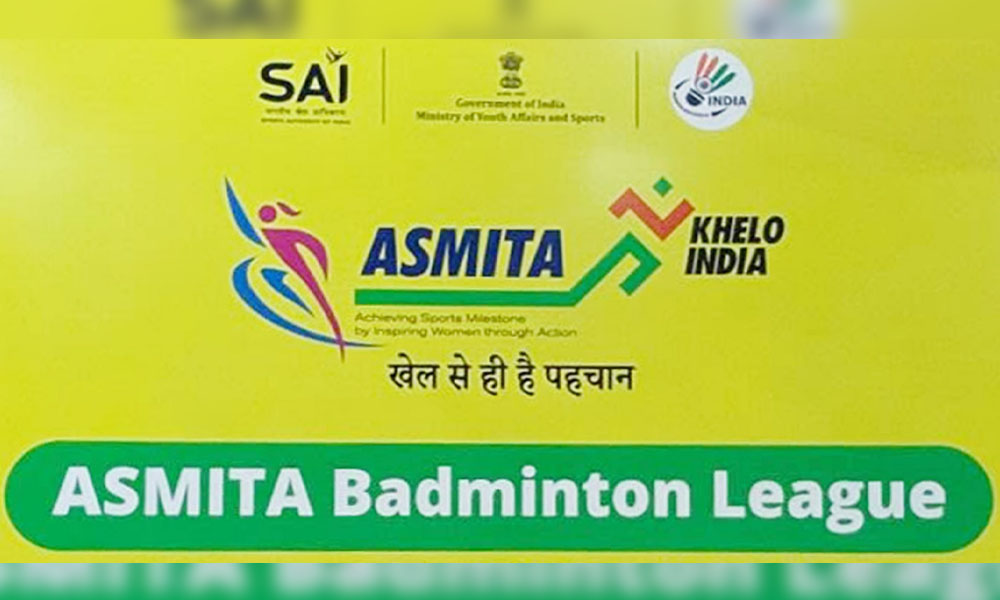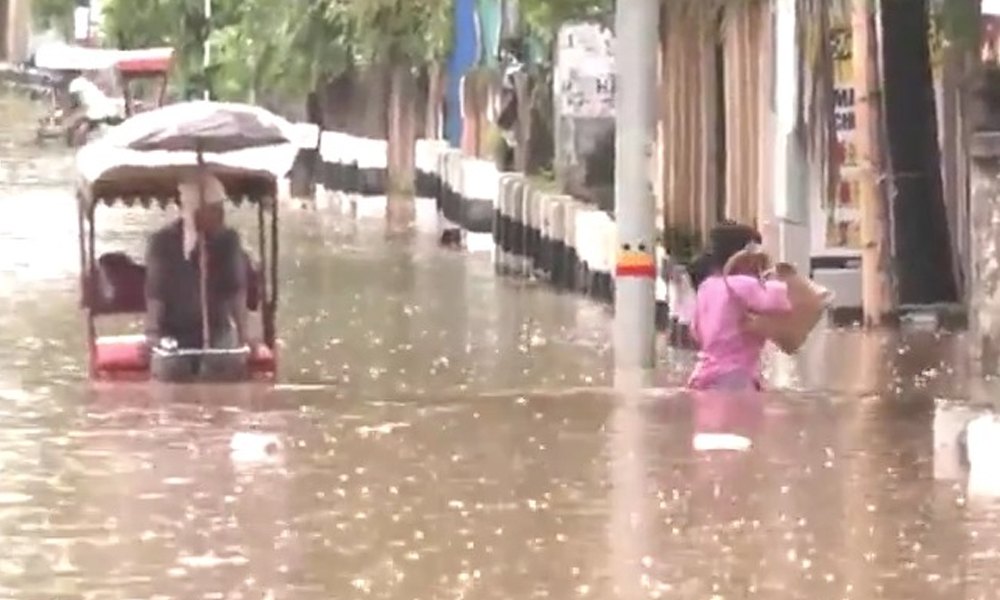Digital Desk: The daily processing of 1,900 tonnes of urban
waste, which earns it crores of rupees and also fuels its buses, has helped
Indore win India's cleanest city' award for the sixth time in a row, officials
said here.
On Saturday, the results of the Union government's annual
cleanliness survey were released. Indore was ranked first, followed by Surat
and Navi Mumbai.
While garbage is commonly separated into dry and wet
categories, in Indore, segregation occurs in six categories at a collection
point.
The state's commercial capital, Madhya Pradesh's largest
city with a population of 35 lakh, is garbage bin-free, despite producing 1,200
tonnes of dry waste and 700 tonnes of wet waste daily.
"We have 850 vehicles that collect waste from
households and businesses and sort it into six categories," said Mahesh
Sharma, superintendent engineer of the Indore Municipal Corporation's
cleanliness wing (IMC).
The vehicles have compartments for various types of waste.
Discarded sanitary napkins, for example, are placed in a separate compartment.
This sorting at the beginning of the collection process is
useful for efficient processing, according to Mr Sharma.
The IMC's waste disposal process is highlighted by a bio-CNG
plant that runs on wet waste collected from the city. According to city
officials, it is Asia's largest such facility.
Prime Minister Narendra Modi inaugurated this 550 MT per day
capacity plant at the Devguradia trenching ground on February 19, this year.
It has the capacity to produce 17,000 to 18,000 kg of
Bio-CNG and 10 tonnes of organic manure.
As many as 150 city buses are powered by Bio-CNG, which is
five times less expensive than commercial CNG.
According to Sharma, the civic body hopes to earn 20 crore
from waste disposal in the current fiscal year.
He added that up to 8,500 safai mitras (sanitary workers)
work in three shifts to keep Indore clean.
Sewage generated in the city is also treated at three
special plants before being reused at 200 public gardens, farms, and construction
sites, according to horticulture officer Chetan Patil.

















